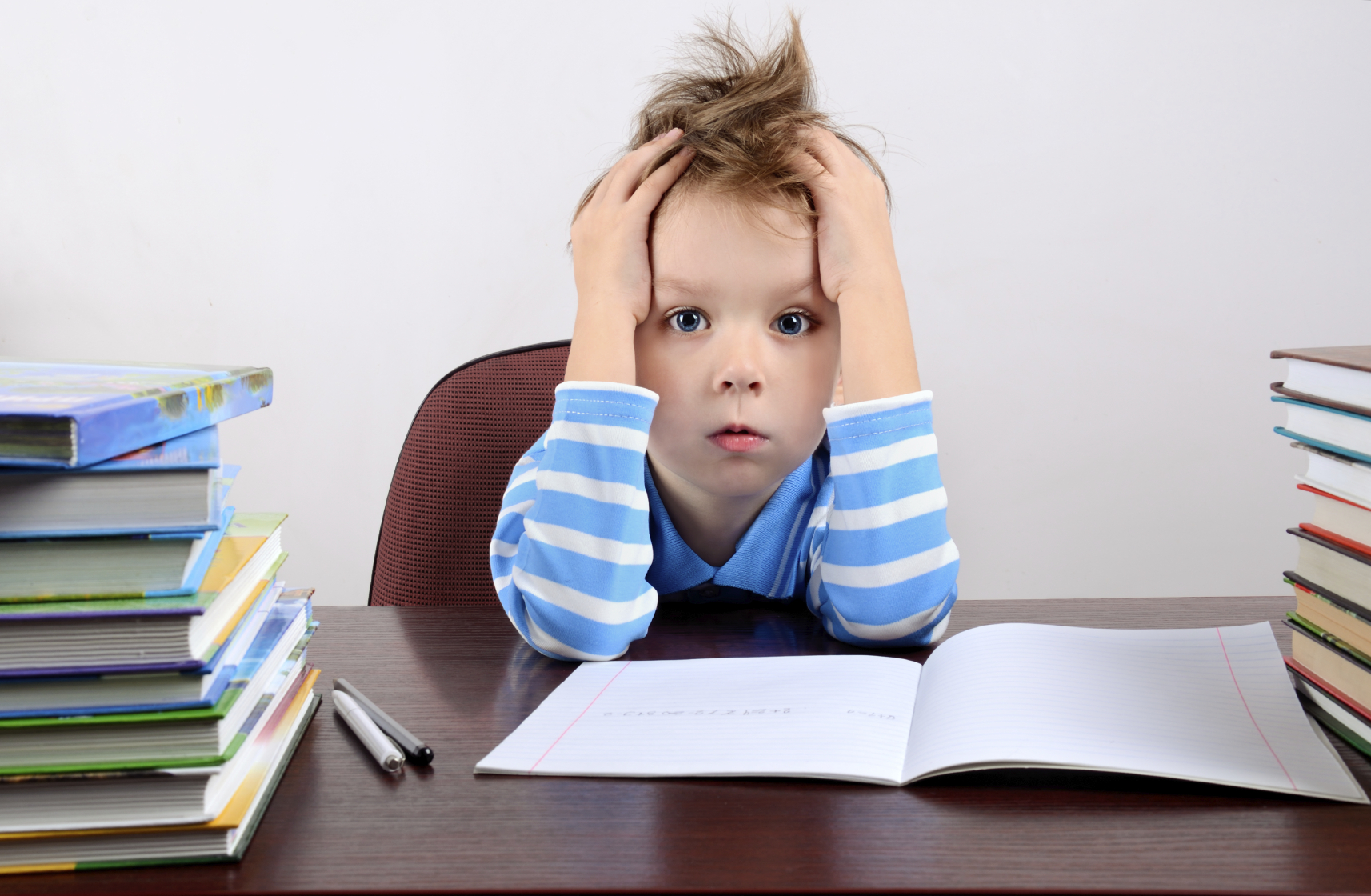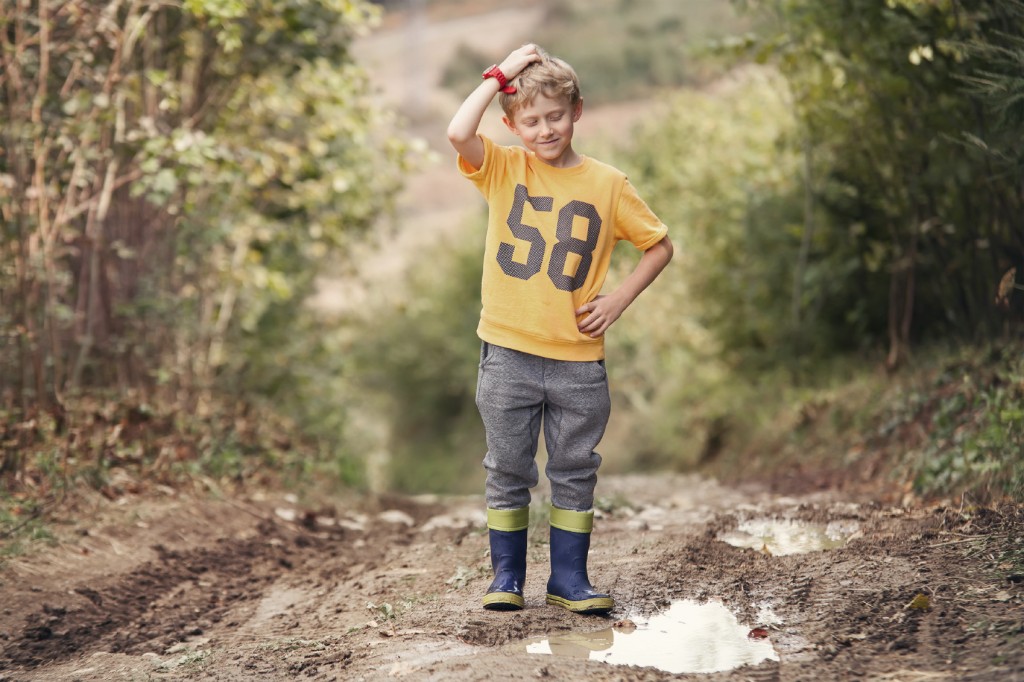Procrastination is not limited to a particular age group. You don’t have to be a procrastinator yourself to be raising little ones who choose to put off school assignments in order to play one more video game.
Research indicates that people who are chronic procrastinators use it as a way to deal with stress. Whatever they’re ignoring seems overwhelming at the time. The obvious difficulty with procrastination being a stress-reliever is that the project or assignment does not disappear; tackling it is simply delayed.
Contrary to popular belief, there isn’t always a negative consequence for procrastination. For example if your child ignores a household task he’s been assigned and someone else unknowingly does that task, it would seem to reward his procrastination.
Usually, however, there is a price to pay. Procrastination can affect relationships and performance at school or in the workplace. It can even negatively affect health since stress isn’t relieved; it is elevated.
Parents, you can help your procrastinating child.
Many times procrastination occurs when the assignment seems too large to tackle. That’s when you help the child break it into smaller pieces, smaller goals. With that comes the reminder that to be effective a goal must be S.A.M. – specific, attainable & measurable.
Work together to establish “mini-rewards” for each smaller goal that is achieved.
Start now! Waiting won’t make it easier or more fun. Help your child understand that doing it now will mean more free time later. Not doing it now will mean he’ll be rushed and it’ll be harder to do a good job.
Oh yes, and try to avoid modeling procrastination.






















